The Second Farewell: "Early Summer", by Yasujirō Ozu [1951]
Watching an Ozu film is like living a life. You are invited into living rooms, to picnics, to family dinners, to everyday conversations which are so banal they can only be real. Lives unfold around you while laundry flutters in the backyard with the kind of poetry only dailiness can evoke. The bird in the cage occasionally reminds you of its existence, the tea pot gently hisses, furniture crouches. This is what life is like, Ozu seems to say. Nothing really happens, because it doesn't need to. You are just grateful to be there, to be allowed to witness these intimate moments in the most private of spaces, someone else's home. The perspective never wavers, almost always as if you're seated on the tatami, right by their side. And then there are his sublime compositions, every shot as intricate as a still-life. Everything is spaced deliberately, everything in its place, like a Japanese garden. How do you describe an Ozu film? Somewhere between Japan's past and its future, his characters struggle. And you're invited to witness it. In the case of this particular film, a modern woman of "marriageable age" who refuses to bend to the burdens of tradition, old parents who have not known a world other than the one they grew up in and fought for, everything is laid bare. You stay inside a home long enough, you discover everything about its inhabitants. That's all there is to an Ozu film, almost every one is the same as the one that came before it and the one that came after. *** While Kurosawa concerned himself with the public, the outward expression of his culture, Ozu concerned himself with the private, the inward expression of being Japanese. The archetypal Kurosawa character is therefore concerned with external strife, played out in battlefields and open arenas, while Ozu's is concerned with internal strife, played out in living rooms, around dining tables. *** Ozu once described himself as "the painter who keeps painting the same rose over and over again." Every time I watch his work, I can't shake away his choice of flower in that quote, at how apt it is. A rose is an infinity, a shape that warps into itself, an eternity spiralling into itself for all eternity. To paint one over and over again is to be able to find eternity in the little things, to find the poetry in stillness. That he did.
[Images are screenshots from the movie, of course. All rights rest with the copyright holders.]


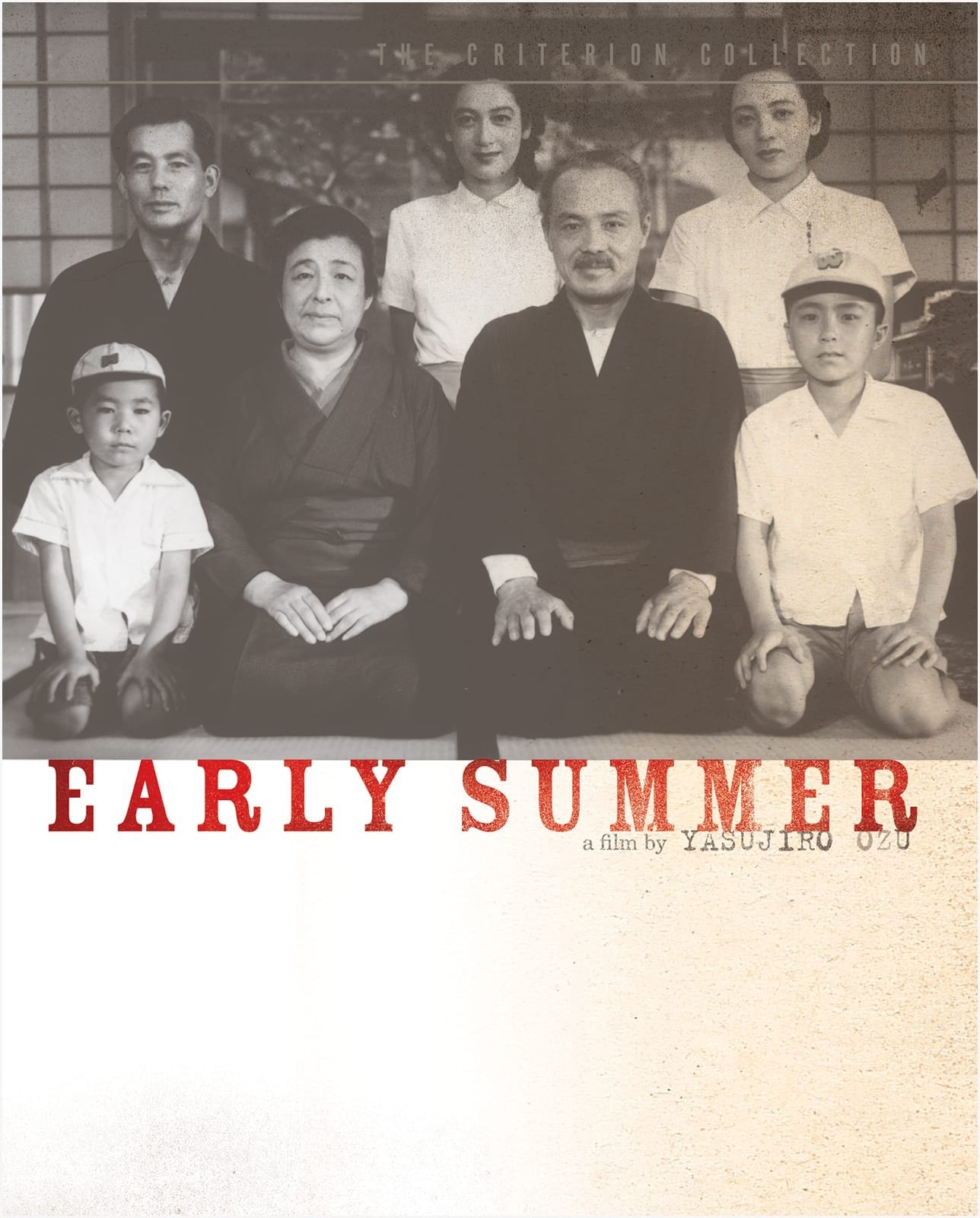
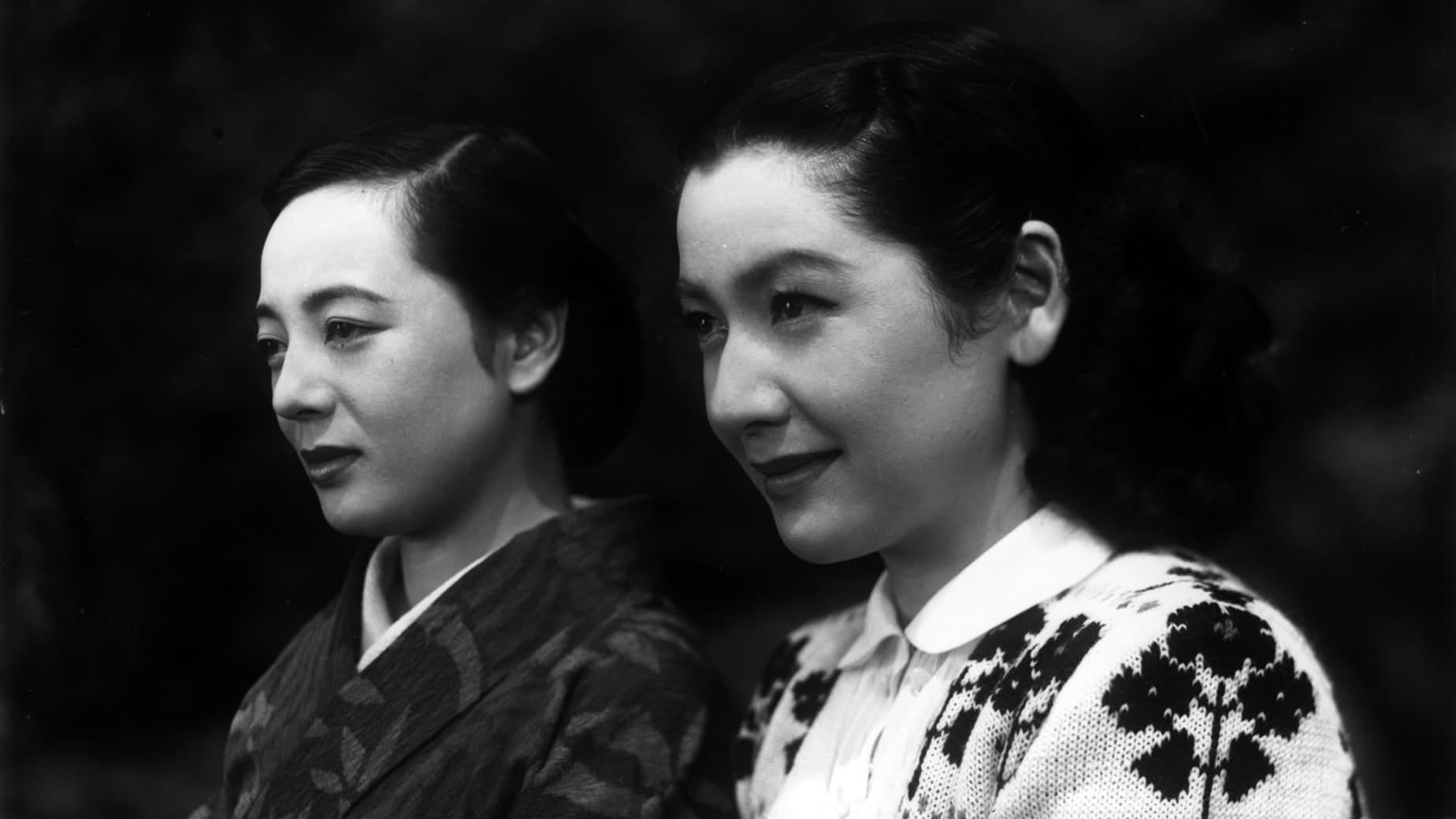
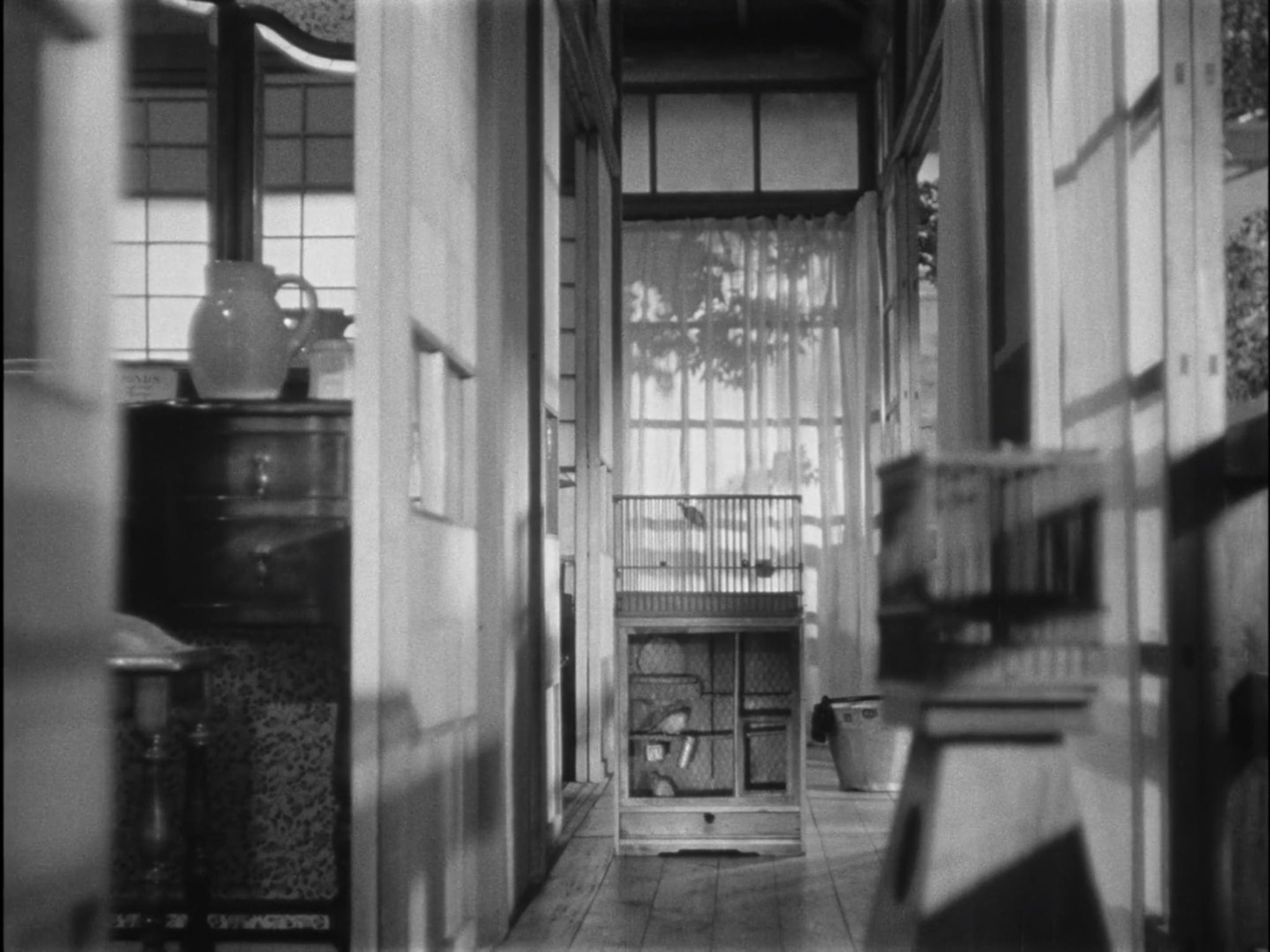
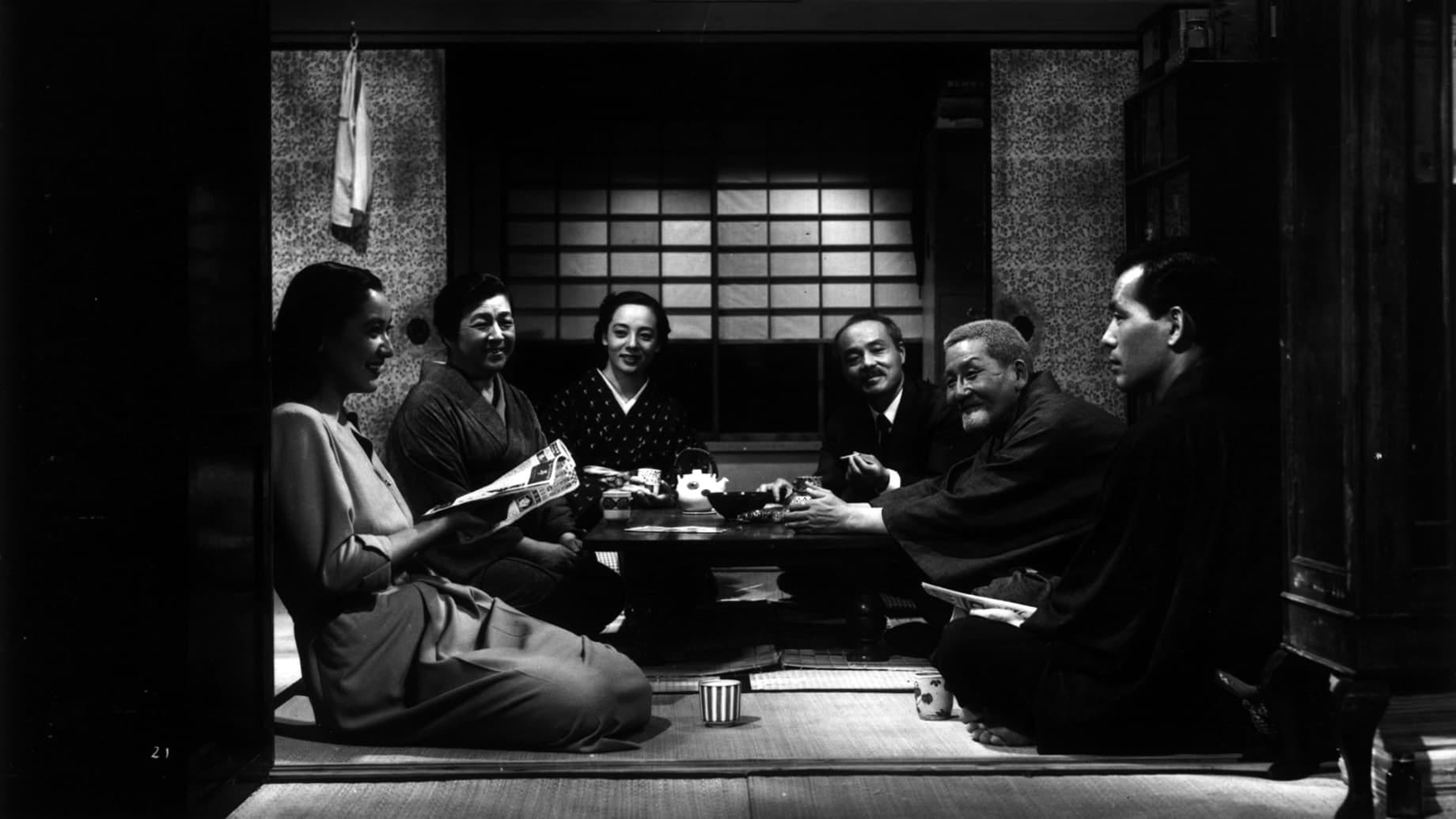
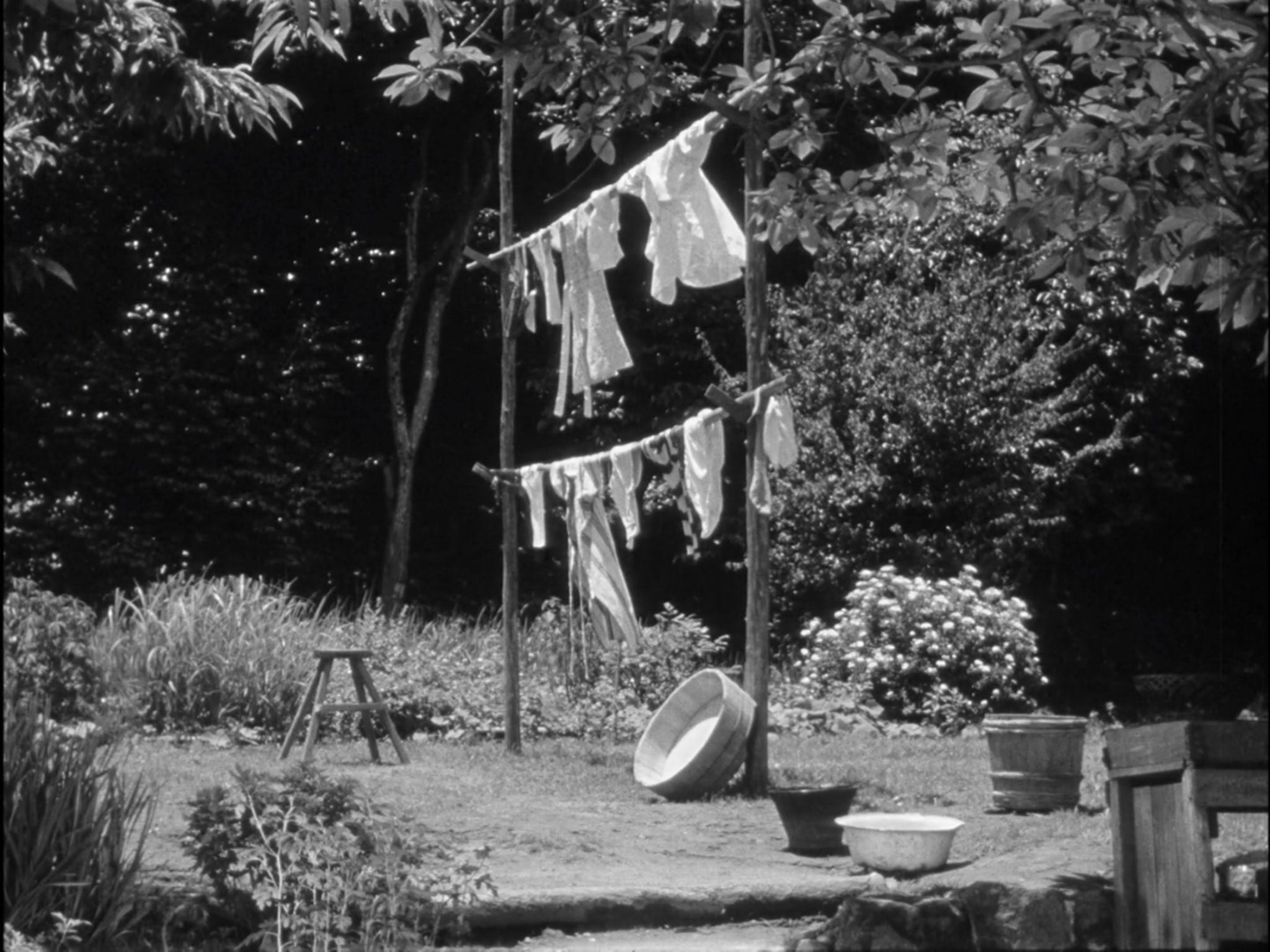
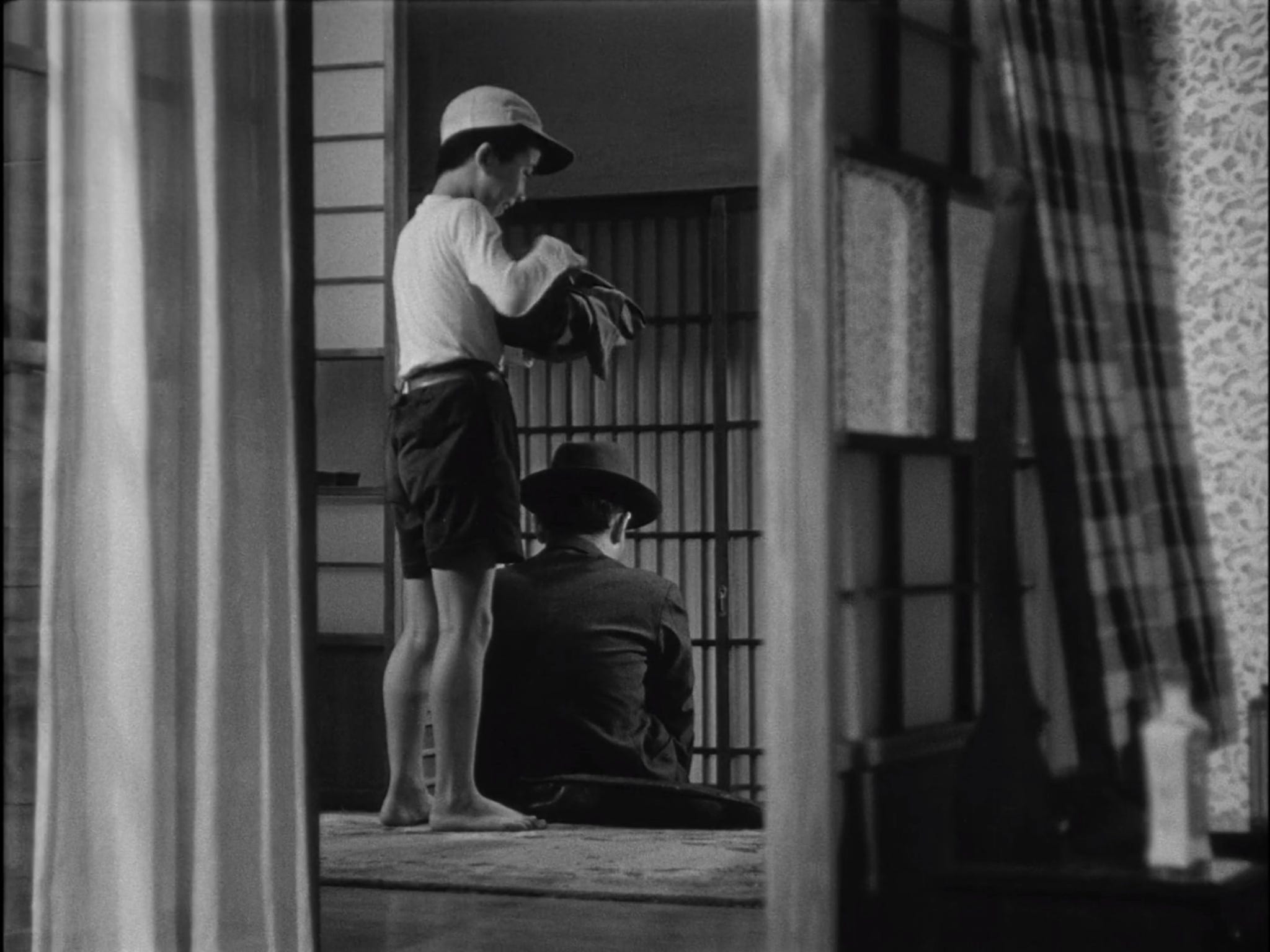
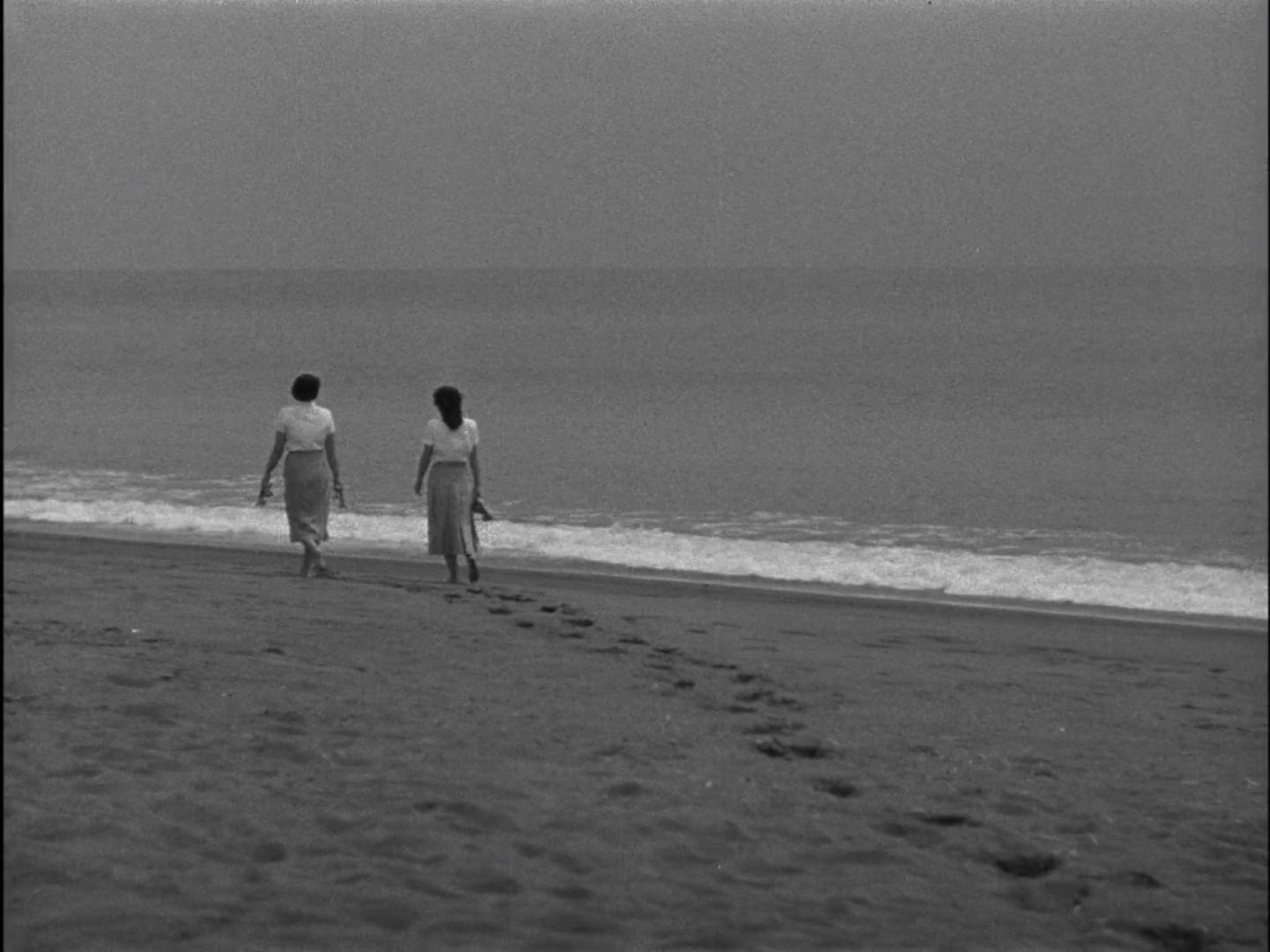
"Nothing really happens, because it doesn't need to." Best lines of this piece.
One of the greatest filmmakers everexisted .